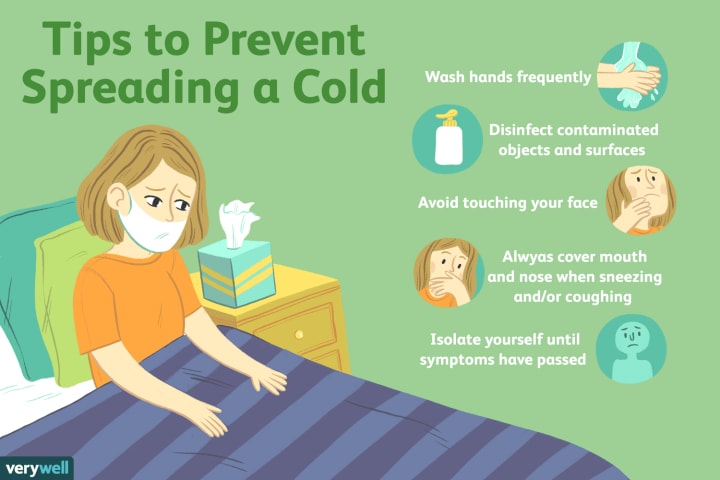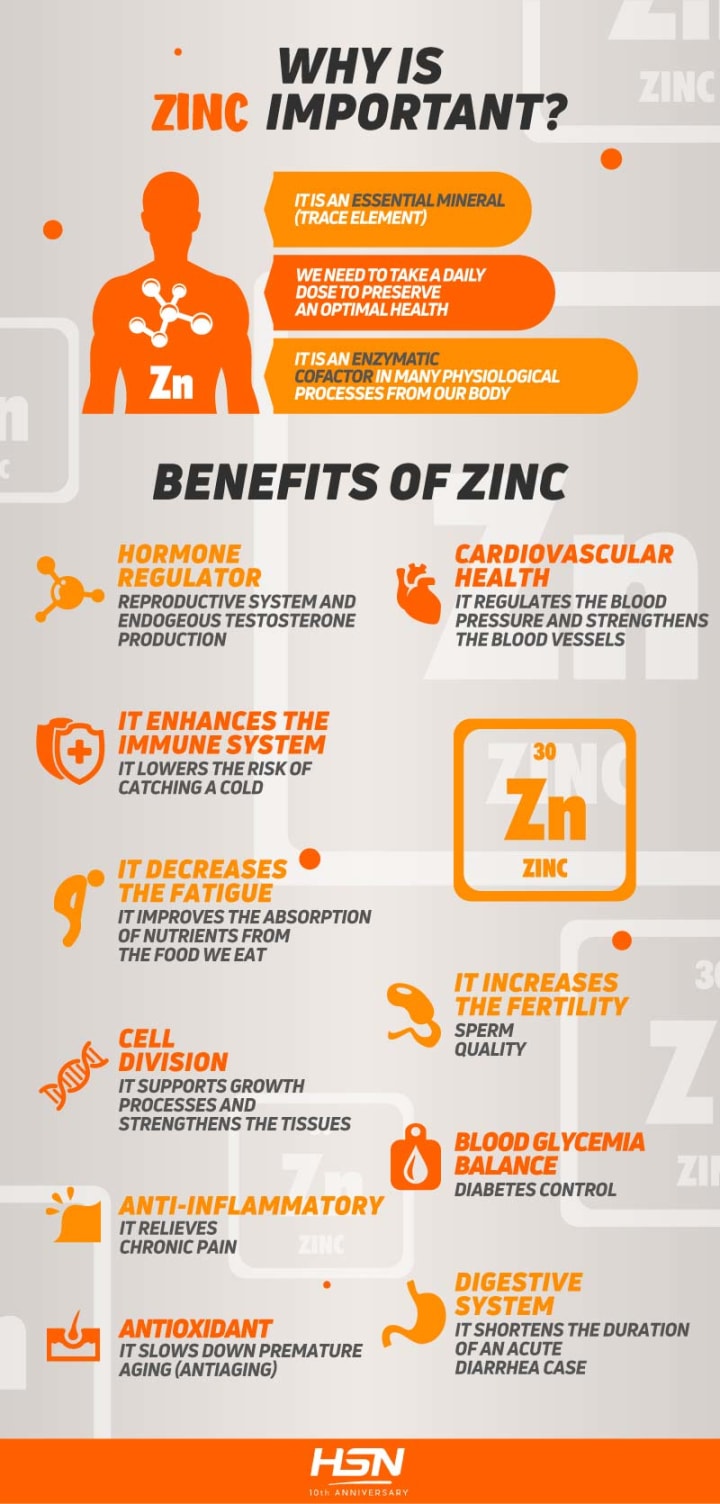How Much Zinc To Take For A Cold
According to researchers, high zinc doses significantly helped people with cold symptoms.

Introduction: - According to researchers, high zinc doses significantly helped people with cold symptoms. Various researchers have studied taking zinc for colds. Also, a 1984 study showed that zinc supplements reduce the chances of getting sick. We find various results from the studies about zinc and cold. An analysis showed that zinc syrup or lozenges helps in reducing the length of a cold. In this way, it is helpful in reducing symptoms of cold within 24 hours if taken just after noticing the first signs and symptoms of a cold.
What is the cold? What causes the cold?
The cold is a self-limited contagious disease or a viral that can be caused by different types of viruses. In medical terms, it is also referred to as upper respiratory tract infection- Viral. Symptoms of a cold with which people usually suffer are sore throat, cough, low grade fever, nasal congestion, sneezing and runny nose. According to research, more than 200 different types of viruses are the reason behind the cold occurrence. Out of which, rhinovirus is one virus that causes 30%-40% cold in adults.
● Rhinovirus infection usually causes a cold between March to May and September to November.
● Nevertheless, rhinovirus can cause viral at any time of year. During peak periods discussed above, up to 80% of colds may be due to rhinovirus.
Various other viruses through which people suffer cold include a respiratory syncytial virus, adenovirus, and parainfluenza virus. As there are various viruses that can cause colds and some new viruses are also developing constantly, therefore, it’s difficult for our body to develop resistance against all of them. This is the reason cold is a frequent and recurring viral disease.
● Cold occurs during the fall, winter, and spring seasons among children more frequently.
● Cold is the most frequently occurring and even spreading viral infection in the world. It is a leading reason for frequent visits of people to the doctor and missed days from school and work.
● As an estimate, in the United States, 1 billion people suffer from colds per year.
● In the United States, the economic impact of cold is $20 billion per year just because of cold-related work loss.

How Zinc is helpful in the Cold?
As we discussed above, the most common cold virus that occurs is the rhinovirus. It thrives and multiplies in the upper respiratory system means in nasal passages and throat. Zinc is helpful in stopping rhinovirus from multiplying. It may also stop the rhinovirus from lodging in nasal passages and throat membranes.
Zinc is effective if taken in lozenge or syrup form. It allows the substance to stay in the throat and deal with the rhinovirus. Different studies were done on enough participants by using different zinc doses and preparations for different times. But there is no evidence or proof which describes its exact use and effectiveness.
A recent study from the University of Helsinki, done by scientists over how effective zinc be in preventing and treating the common cold. They found that people who took a relatively high dose of zinc daily had three times better recovery rate than those who took the chemical element.
Some infectious disease experts interviewed by Healthline gave mixed opinions on these findings. Some have noticed various benefits of zinc in terms of treating colds.
According to Dr. Hilary Hawkins (medical physician in Florida), it does no harm and there is no other good option than in-taking zinc.

What do the researchers find?
In the Helsinki study, researchers did an analysis of three randomized controlled trials that involve zinc acetate lozenges. In those studies, the patients having a cold took 80-92 mg of zinc per day after they noticed cold symptoms. However, these were higher doses than the recommended daily doses in the United States of 8 mg for women and 11mg for men.
Researchers noticed that in other studies patients have been given doses of 100-150 mg for months and they found that it does not have any serious side effects. In their analysis, they found that 70 percent of people who intake zinc recovered from their cold after five days. They compared it with 27 percent of the participants who were given a placebo.
According to researchers, further studies needed to be done on its formula f as well as on the optimum frequency needed of Zinc.
Are the claims valid?
According to Tosh, zinc has been studied as a remedy for colds for a long time, and the results differ. According to him, high doses of zinc might be effective in the short run, but he is not sure whether it has any long-term effects or not.
According to Hawkins, there is no one good medicine for treating it. So she recommends zinc lozenges as long as they find symptoms of a cold. She also said that zinc has antiviral effects similar to the antibacterial effects of silver.
Dr. William Schaffner is an infectious disease specialist at the Vanderbilt University Medical Center in Tennessee, thinks along the same lines but also observed that it can produce few side effects. According to him, side effects appear if a person with a cold takes a high dosage of zinc. People usually take high doses to get better a little faster.
Does it have any side effects?
Zinc lozenges are a group of dietary supplements that are not regulated by the Food and Drug Administration (FDA), so the effectiveness may vary.
If zinc is taken in lozenge form, it also has side effects which include nausea or a bad taste in the mouth. People who used zinc nasal sprays suffered from loss of smell. This is the reason why caution against using such sprays is recommended by doctors.
A large amount of zinc is toxic and can also cause deficiency of copper, anemia, and nervous system damage. You should talk to your dietitian or doctor about the dose you need of zinc to prevent or reduce the cold effect.
Conclusion: - Zinc has a low risk of adverse effects and strong evidence of efficacy. Therefore cold patients are encouraged to try a zinc supplement but that should not exceed 100 mg of elemental zinc per day if you are considering it for treating cold. In addition, you should consult your doctor before intaking it.
About the Creator
Ellie Schneider
Proud Mom and Nutritionist






Comments
There are no comments for this story
Be the first to respond and start the conversation.